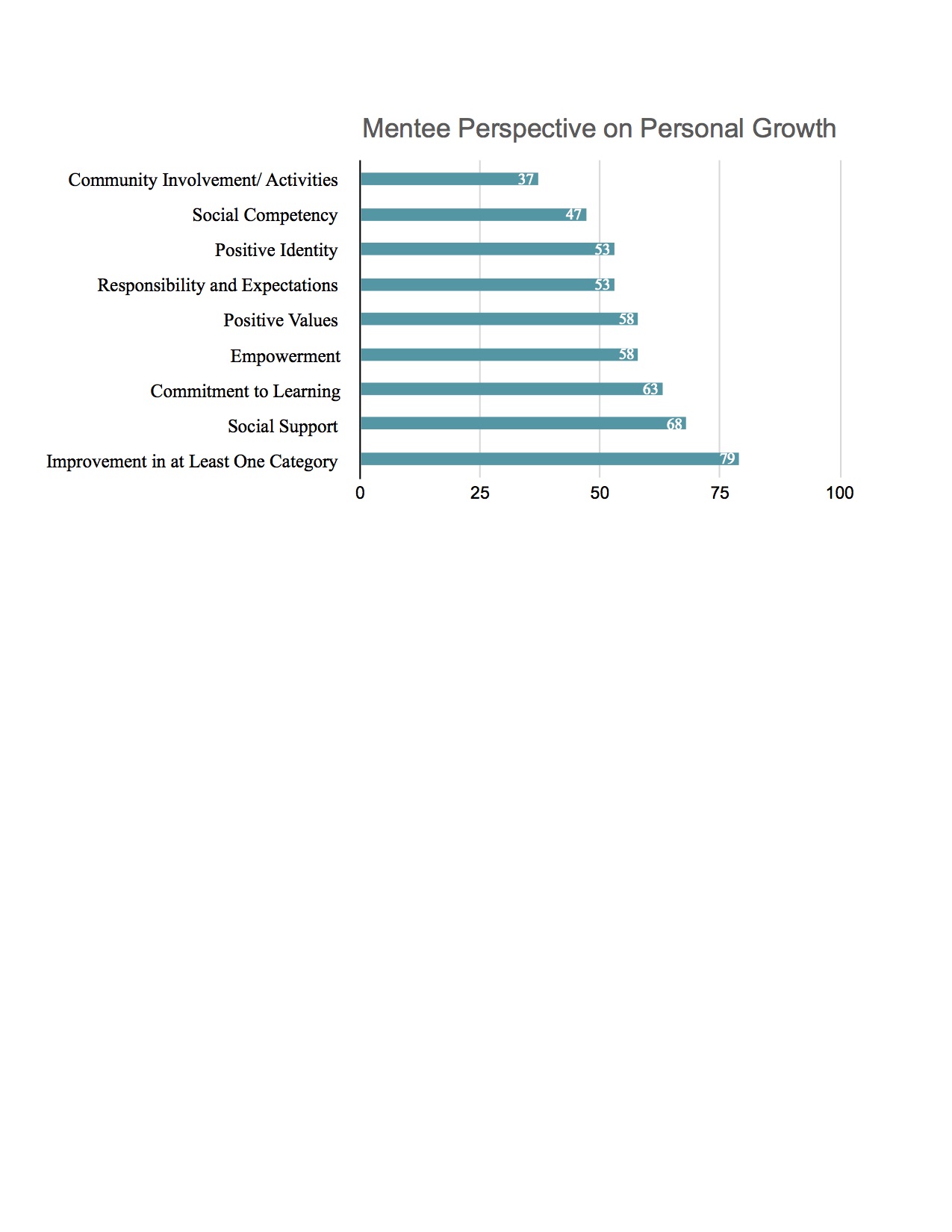Stakeholder Perspectives in Peer Mentoring Program for Pediatric Solid Organ Transplant Recipients
C. Strachan, M. Paton, J. Reason, S. Amaral
Nephrology, Children's Hospital of Philadelphia, Philadelphia, PA
Meeting: 2019 American Transplant Congress
Abstract number: D323
Keywords: Kidney/liver transplantation
Session Information
Session Name: Poster Session D: Psychosocial and Treatment Adherence
Session Type: Poster Session
Date: Tuesday, June 4, 2019
Session Time: 6:00pm-7:00pm
 Presentation Time: 6:00pm-7:00pm
Presentation Time: 6:00pm-7:00pm
Location: Hall C & D
*Purpose: This study analyzed feedback surveys from Peers4PATH, a peer mentoring program, aimed to improve medication adherence and health related quality of life (HRQOL) in adolescent and young adult (AYA) solid organ transplant (SOT) recipients.
*Methods: This randomized clinical control trial compared peer mentoring vs. standard of care (SOC). Peers4PATH was based on Social Cognitive Theory which promotes positive health behaviors through social modeling, social support and increased self-efficacy (SE). During the intervention, mentors and mentees communicated at least once weekly via text, phone calls, etc. and met in person during three visits. Mentees and mentors also completed feedback surveys at 6 month intervals throughout the study. The primary outcome of the study showed no significant difference in medication adherence, HRQOL or SE in the peer mentoring vs. SOC groups.
This sub-study analyzed feedback surveys completed by mentors and mentees documenting their experiences with the intervention. Survey data were used to detect emergent themes, determine areas for program improvement and identify derived benefits from participation beyond the primary outcomes.
*Results: 7 mentors and 19 mentees provided completed feedback surveys. Survey analysis revealed two commonly reported benefits from participation: social support and role modeling. 79% of mentees reported perceived personal growth in at least one area of their life, namely social support (68%) and empowerment (58%), among others. 73% of mentees reported that they did not learn anything new about medication adherence; however, 82% of mentees reported they would participate in a peer mentor study again. Mentee survey responses were matched with their respective mentor’s responses to evaluate concordance or disparity among pairs. 76% of pairs had concordant perspectives and among concordant pairs, 81% endorsed positive experiences.
*Conclusions: This feedback analysis revealed that both mentors and mentees reported benefits from participation such as gaining a new friend, learning from a role model, personal growth or changed attitudes/understanding despite no observed changes in primary adherence or HRQOL outcomes. Future studies should explore innovative ways to engage peer mentors as resources for social support and role modeling in both daily life experiences and future aspirations of AYA with chronic conditions.
To cite this abstract in AMA style:
Strachan C, Paton M, Reason J, Amaral S. Stakeholder Perspectives in Peer Mentoring Program for Pediatric Solid Organ Transplant Recipients [abstract]. Am J Transplant. 2019; 19 (suppl 3). https://atcmeetingabstracts.com/abstract/stakeholder-perspectives-in-peer-mentoring-program-for-pediatric-solid-organ-transplant-recipients/. Accessed February 15, 2026.« Back to 2019 American Transplant Congress

